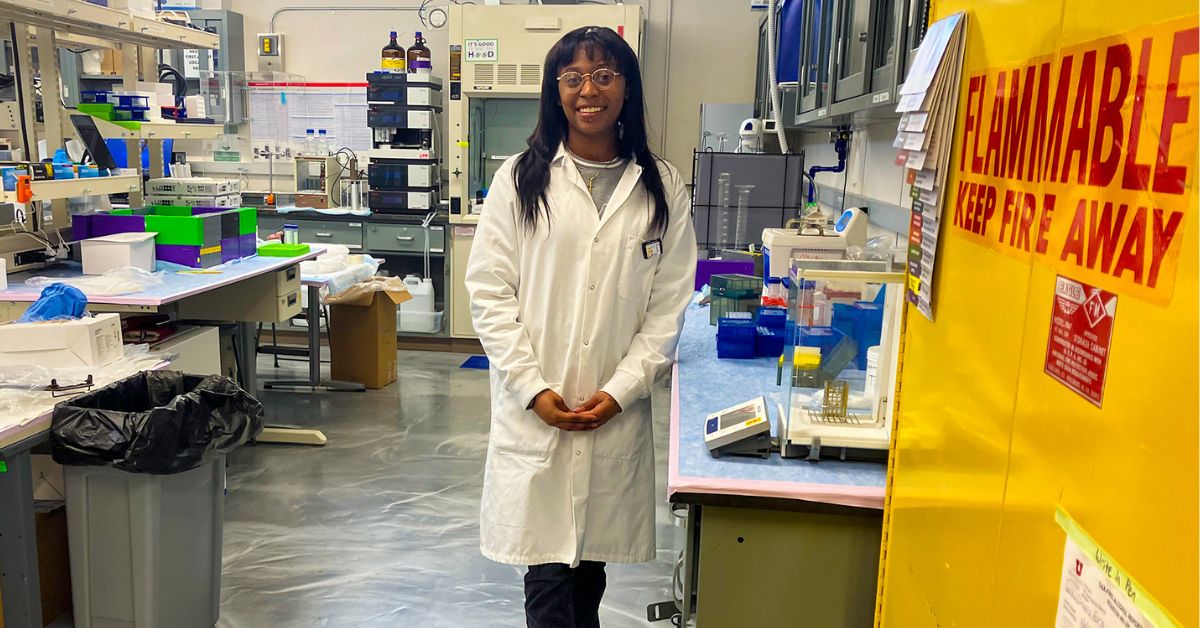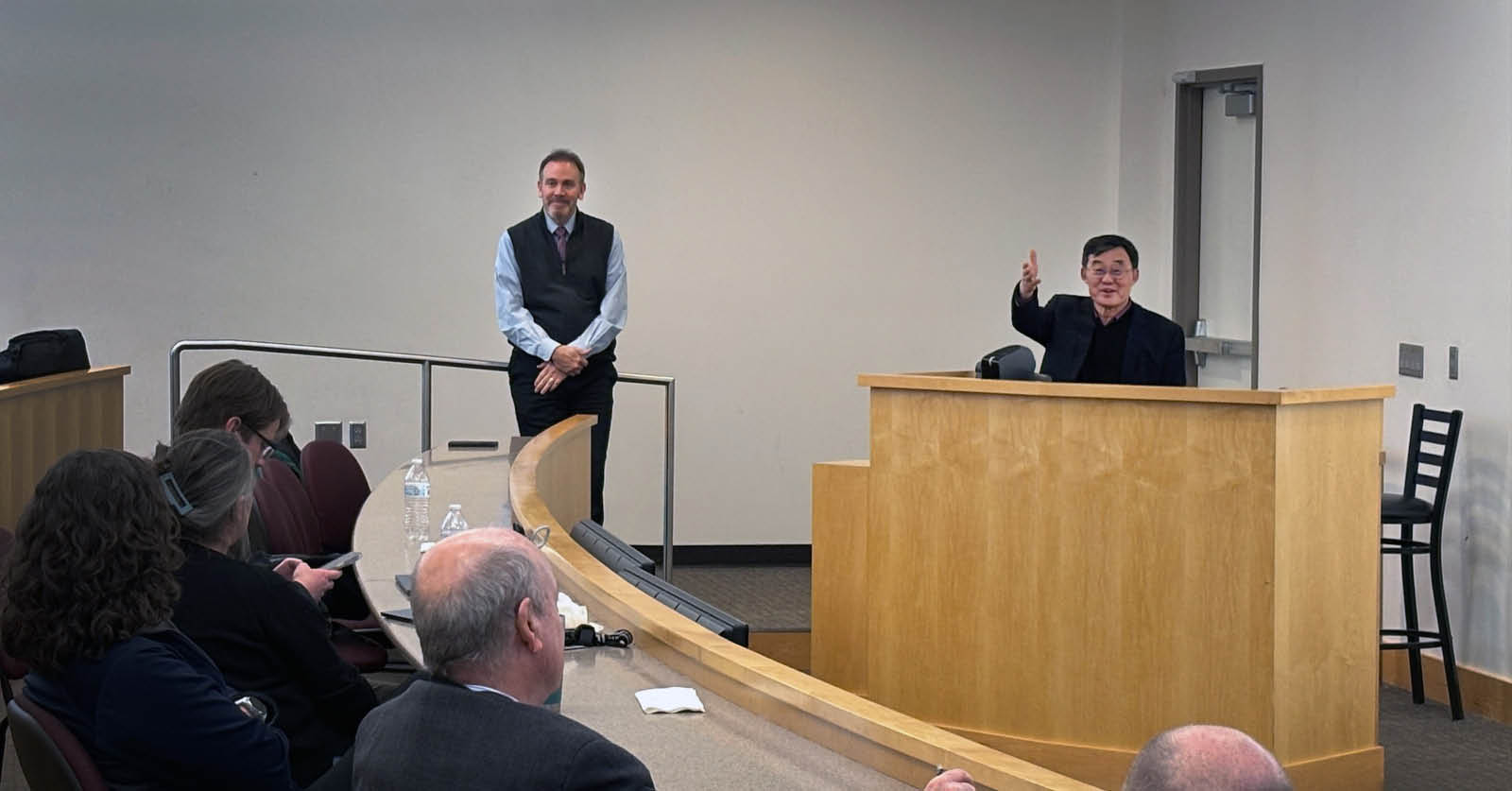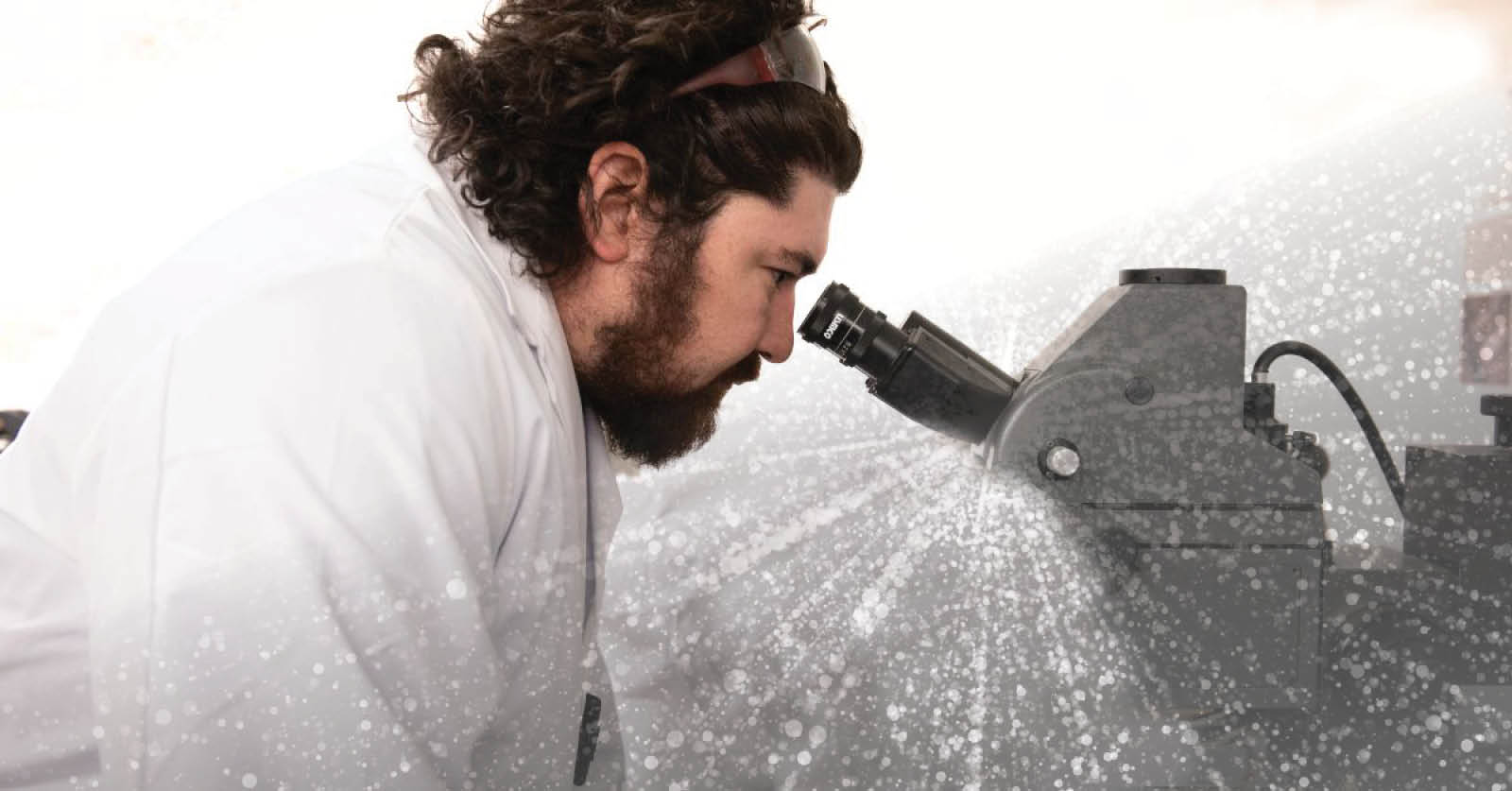Hung-Po Cheng didn’t just come to the University of Utah to earn an engineering Ph.D.—he came to create a real-world impact by making the roads we travel every day just a little safer. With a passion for data-driven safety solutions and a vision for smarter cities, Hung-Po is using artificial intelligence to improve traffic safety.
“I chose the University of Utah for its outstanding transportation engineering program and its emphasis on cutting-edge AI research,” he says. “It’s exciting to work on projects that bring together real-world transportation challenges and innovative technology.”
Under the mentorship of Associate Professor Xiaoyue Cathy Liu, Hung-Po is leading research that uses knowledge graphs and large language models (LLMs) to predict high-risk traffic accident hotspots. His goal? To develop tools that help cities prevent crashes before they happen—saving lives through smarter planning and decision-making.
Hung-Po’s work recently earned him a $2,000 Student Mini-Project Award from the Center for Smart Transportation (CST). This award supports student-led research and publications, empowering scholars like Hung-Po to take charge of their projects and publish as first authors. The funding will help advance a publication titled "Enhancing Traffic Safety Analysis through Knowledge Graphs and LLM Integration."
This project aligns with CST’s Focus Area 4: Smart Cities, Big Data & Innovative Technologies to Improve Transportation System Efficiency, and will be submitted to the Journal of Transport Geography.
Hung-Po’s research interests include:
- AI-driven frameworks to predict and mitigate high-risk traffic accident hotspots
- Multimodal AI pipelines using vision-language models (VLMs) for deeper transportation safety insights
With the CST award and the support of the University of Utah, Hung-Po is setting a new standard for how artificial intelligence can be applied in transportation engineering—making the roads we travel every day just a little safer.
More news from our Department

Bridging Nuclear Science and Public Health for Medical Breakthroughs
Cametrius Warren’s Research is Changing Medicine — and Minds. Cametrius Warren leans over a lab bench, carefully handling biological samples as part of her research at the University of Utah. A first-year Ph.D. student, Warren is not only dedicated to advancing nuclear medicine but also to changing the way the world perceives radiation. Originally from […]

World Oil Magazine Spotlights University of Utah Research on Hydraulic Fracturing
Fracturing Smarter: A New Approach to Hydraulic Stimulation in Unconventional Reservoirs Deep beneath southeastern Utah lies the Cane Creek play, a formation rich in unconventional tight oil. Traditional drilling and fracturing methods have been insufficient in extracting its resources efficiently, plaguing operators with significant challenges for decades. A study conducted at the University of Utah, […]

Department of Civil and Environmental Engineering Hosts Dr. Tianfu Xu at Inaugural Distinguished Seminar Series
Pictured above: Drs. Brian McPherson (left) and Tiafu Xu (right) answer questions in Layton Auditorium after Xu’s Seminar. On February 6, the Department of Civil and Environmental Engineering at the University of Utah launched its inaugural Distinguished Seminar Series, inviting leading experts to share cutting-edge research and advancements in the field. Dr. Brian McPherson, USTAR […]

Nuclear Detective: U of U Professor’s Research is Enhancing National Security
Quantum Science and AI Meet Nuclear Forensics Detecting and analyzing nuclear materials is a critical challenge in global security, yet current methods often struggle with accuracy, efficiency, and scalability. One of the biggest gaps in nuclear forensics is the lack of advanced materials capable of reliably sensing radiation and providing clear, identifiable signals. Dr. Ed […]

